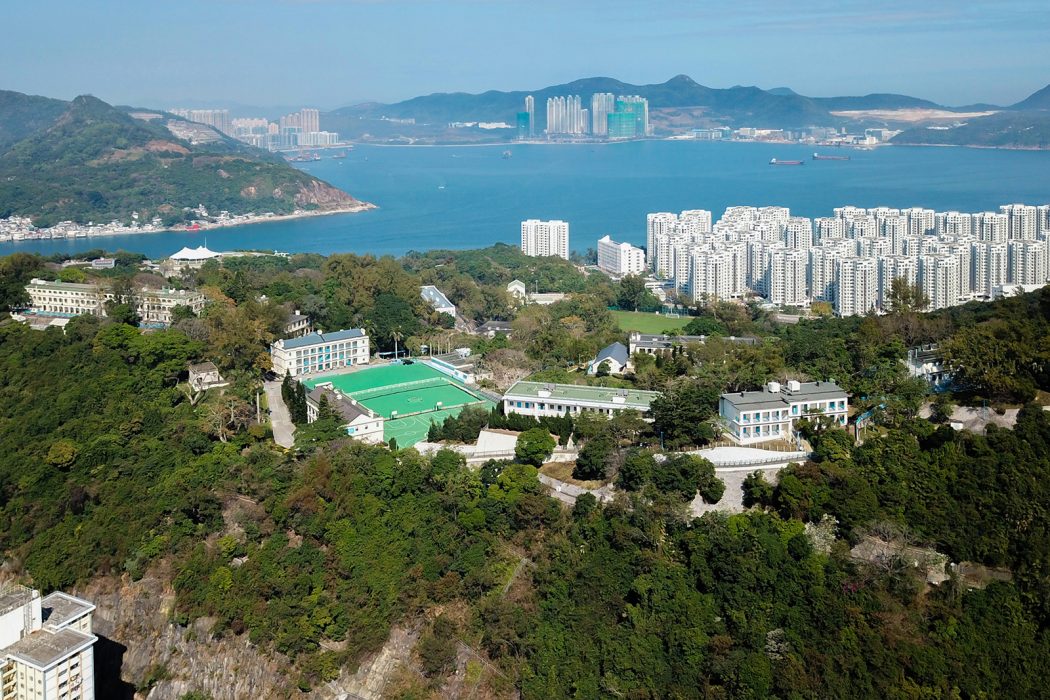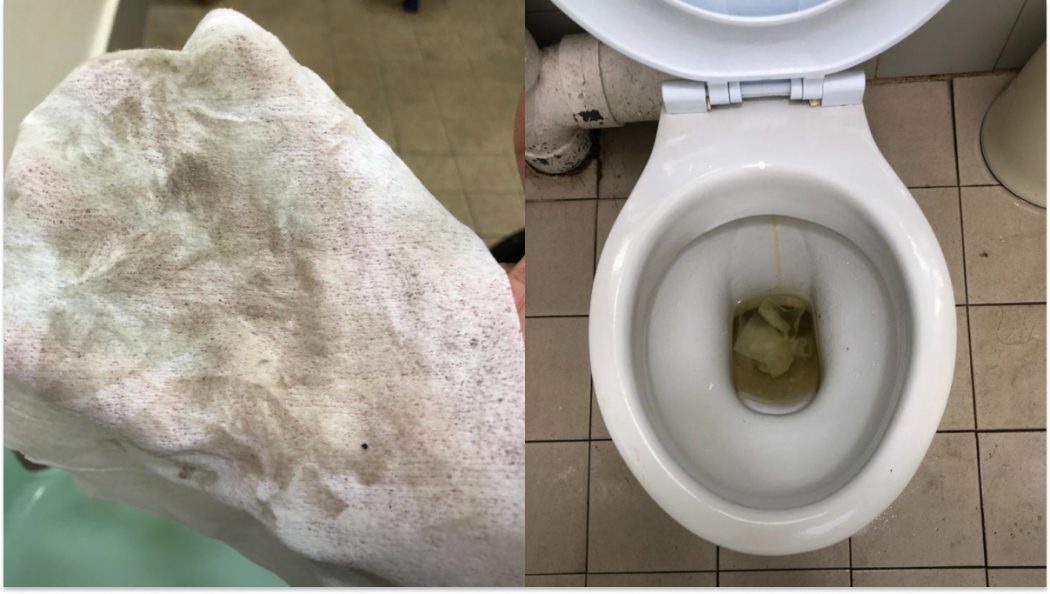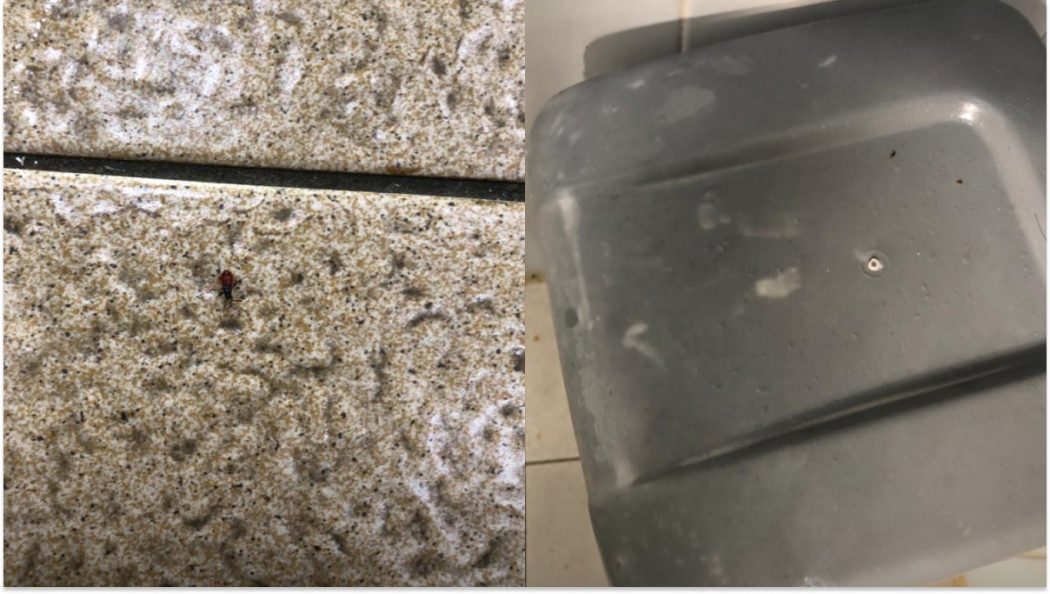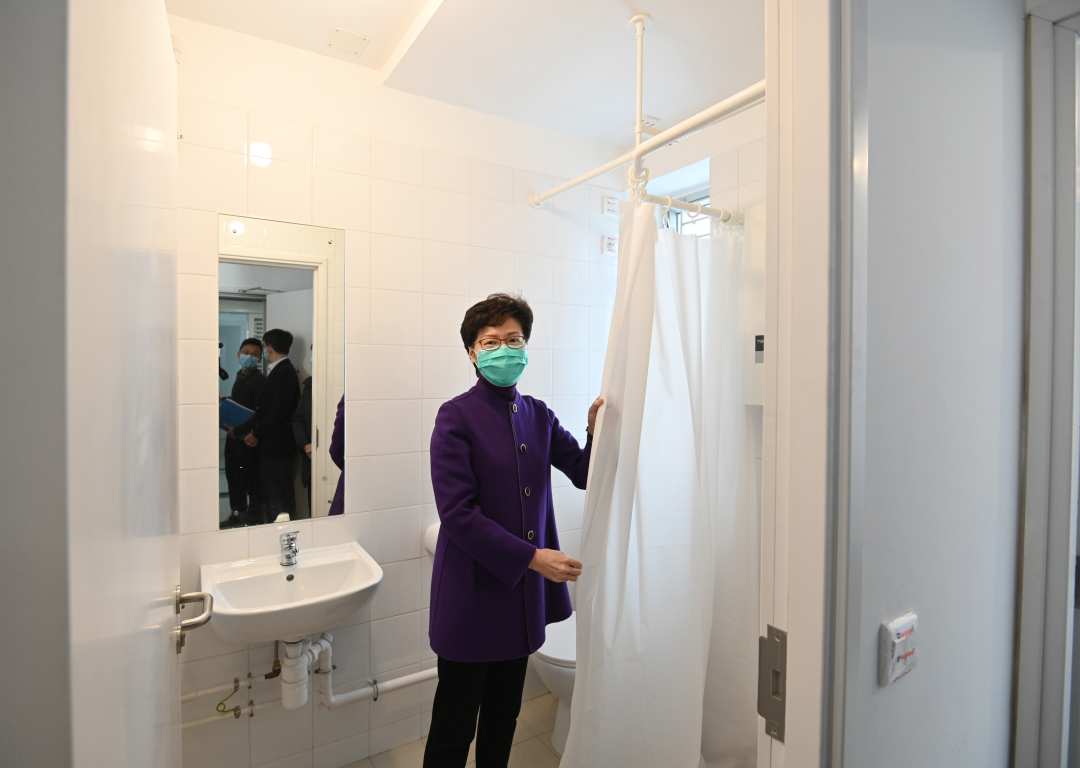Dots of mould coat a wooden shelf in a neglected room where three quarantine arrivals are set to call home for the next few days.
In another life, government-owned Lei Yue Mun Park and Holiday Village in Chai Wan housed dozens of families seeking respite from the city. But the sprawling former barracks have since been converted into a makeshift centre for people undergoing Hong Kong’s mandatory 14-day quarantine – a rule implemented in response to the global coronavirus pandemic.

Hong Kong has reported over 1,000 cases of Covid-19, leading to four deaths. More than 2 million people have been infected worldwide with a death toll of over 145,700, according to researchers from Johns Hopkins University. The crisis has prompted countries to shut borders as the global economy has been battered.
Local authorities have attempted to contain the spread of the novel virus by tracking down close contacts of confirmed cases and requiring them to undergo a two-week quarantine – the incubation period of the virus – even if they do not display symptoms.
Hastily converted, there are currently four quarantine centres in operation: Chai Wan Lei Yue Mun Park and Holiday Village, Jao Tsung-I Academy Heritage Lodge, Chun Yeung Estate and the Junior Police Call activity centre in Pat Heung. But some of those holed up inside the makeshift facilities have complained of disorder and squalor behind the scenes.
‘Dilapidated’
Shuttled into a bus staffed by anxious government workers in hazmat suits, Ms Roberts, who declined to give her real name, found herself bound for quarantine last month, ten days after boarding a flight from Europe with a crew member who later tested positive for Covid-19.
Having been notified eight days after returning, the mother and her two children were ordered to spend four nights in Lei Yue Mun Park and Holiday Village – a site also used for the same purpose during the 2003 SARS outbreak, which killed nearly 300 people in Hong Kong.
“Upon arrival, we were put at ease as the staff were lovely. When we reached the first room, however, these impressions were shattered,” she told HKFP.

Inside were surfaces covered in dark hair and viscous fluid, faulty pipes, used cutlery laid out and an unflushed toilet filled with murky water.
“It was actually impossible to clean these rooms given how old the structure and furniture was,” Roberts said. “I had to use disinfectant wipes to clean the only chair given to us.”
“I was not comfortable for my children to be in this room. We were not sick [but] we were going to pick some disease up in this location. We should’ve been in sterilised locations, not at risk to pick up the coronavirus or other diseases.”
The family appealed to staff to switch rooms multiple times, with each new location “dirtier than the first,” before settling down in a new wing of the quarantine facility the next day.

Responding to enquiries from HKFP, a spokesperson for the Department of Health said infection control measures including cleaning and disinfection were in place at the Chai Wan facility: “Persons under quarantine are required to stay at their units. They are also advised to observe personal hygiene and maintain a healthy lifestyle.”
‘Stressed’
Douglas Yang, a 23-year-old trainee solicitor, was sent to Chun Yeung Estate in Fo Tan from March 23 to April 7 along with his father, after his brother tested positive for the virus upon returning from the UK.
The towering public housing estate was embroiled in controversy after plans to accommodate residents who had waited years for new homes were put on hold, allegedly without consultation, in order to set up the quarantine facility.
Chief Executive Carrie Lam conducted a highly publicised tour of the estate in February, complete with photo ops and meet and greets, where she said she hoped incoming families could appreciate the government’s anti-epidemic measures.

“The overall process was not very organised,” Yang said. “There was a delay of almost two days from the time I got the call from the Department of Health [saying] that I needed to be quarantined to when I was actually escorted to Chun Yeung Estate.”
“Upon arriving at the facility, I saw a lot of staff hurriedly coordinating with each other, but even they seemed uncoordinated and unsure of the process. However, they were quite helpful and friendly on an individual level.”
Allocated a modest, dusty room facing Fo Tan Road, Yang and his father were given basic amenities, including shampoo and some slippers – supplies which he described as “inadequate.” The bathroom, by contrast, was clean and the room fitted with fast Wifi, contributing to an overall comfortable stay, he added.
Aside from the facilities, a sense of social ostracism loomed large over the confined residents, who had limited interaction with people outside of their rooms.

“Fear pervades the quarantine centre, from the fact that the workers delivering our food, newspaper and face masks, hurriedly leave [afterwards]. It is quite apparent that those working here are as worried as, if not more than, those of us quarantined without infection.”
Days after leaving the facility, Roberts remains angry: “It was a traumatising experience,” she said. “The staff [are] very kind and they try to be helpful, but they have been given centres that cannot be managed.”
“I feel like the government is taking too much credit for the containment of this disease,” she added. “I would like to invite [Chief Secretary] Matthew Cheung and Carrie Lam to visit and, if they are so confident about the state of the facilities, demonstrate that they are one of us by spending even one night there, let alone four nights like I did, or 14 like some are being forced to.”
